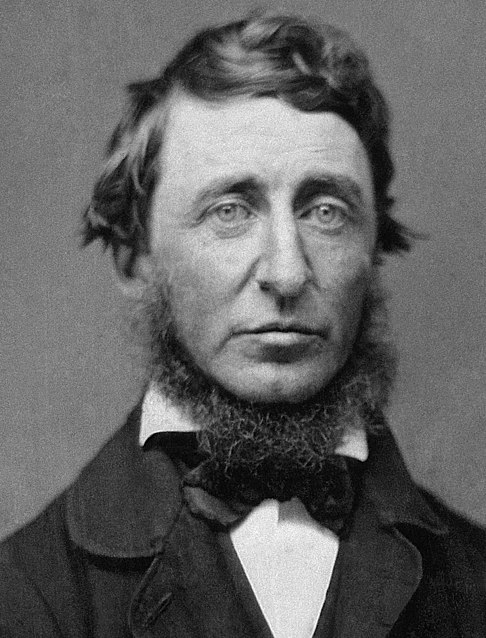
Jack London's two most famous works, The Call of the Wild and White Fang, follow their protagonists, two male sled dogs, through their exploits and experiences with rural and urban settings. Through the use of an approachable creature, a strong and faithful dog, London offers valuable insight into the growing resentment and fear of the modernization of America at the turn of the century. These popular books romanticized the appeal of the rustic life offered in Alaska and contrasted the increasing buzz of modern cities with the frontier of the Alaskan wilderness.
 As the title denotes, The Call of the Wild, focuses on Buck's inherent desire to leave society and humans behind and return to the purity of nature.
As the title denotes, The Call of the Wild, focuses on Buck's inherent desire to leave society and humans behind and return to the purity of nature. Instead of tracing the journey of a domesticated dog from California to Alaska, London's follow up White Fang follows White Fangs through his domestication as a wolf dog in Alaska and eventual role as a family dog in California. White Fang's journey showcases a different side of an animals inherent desires for the freedom offered only by the wilderness.
Instead of tracing the journey of a domesticated dog from California to Alaska, London's follow up White Fang follows White Fangs through his domestication as a wolf dog in Alaska and eventual role as a family dog in California. White Fang's journey showcases a different side of an animals inherent desires for the freedom offered only by the wilderness. Many students of Science, Technology and Society would turn their nose up at Jack London's "childrens books," however their lasting popularity indicates the warrants of their insight into people's desire to leave the confines of a modern city in search of the wild.
Here are some more links,
The Call of the Wild (Amazon),
White Fang (Amazon),
Jack London (Wikipedia).



